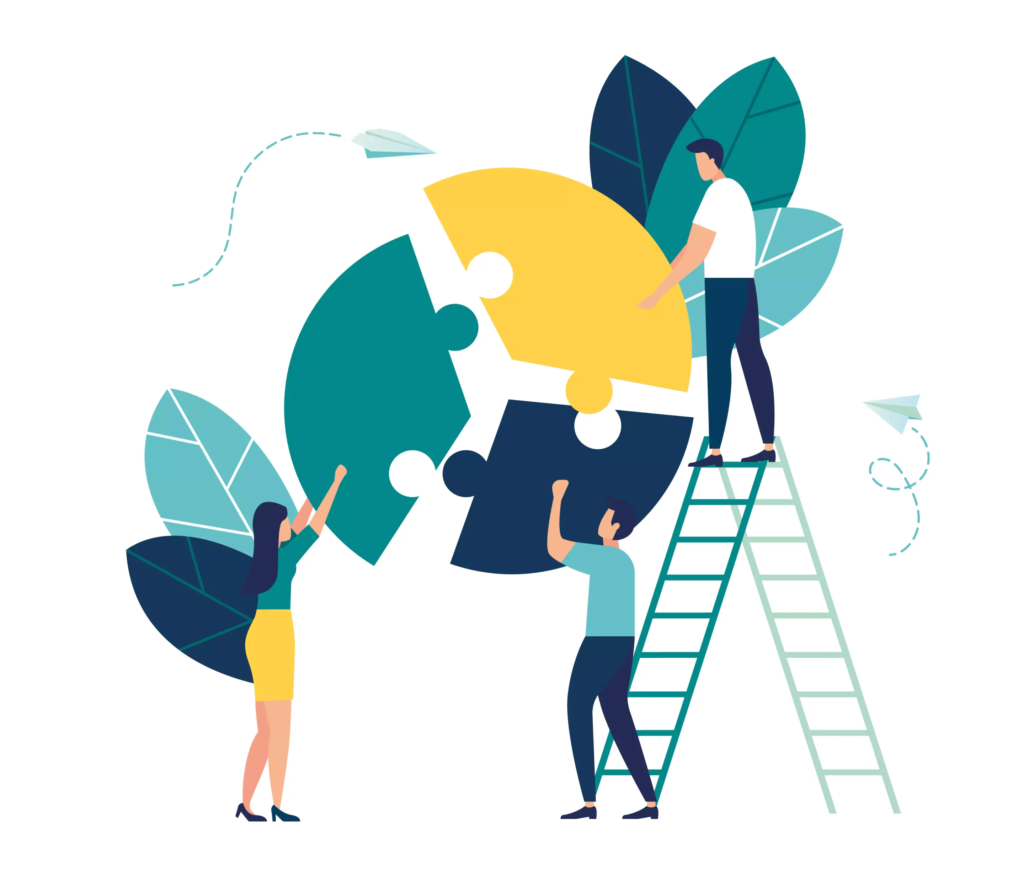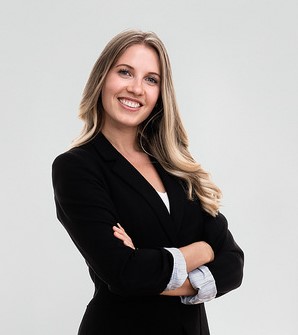In engineering, it’s common to keep proprietary information, tools, and methods under wraps. This practice gives you a competitive edge, allowing you to stand out and secure projects. While this approach may work in established industries like oil and gas or vehicle design, the decarbonization industry is different. With the climate crisis becoming increasingly urgent, we don’t have the time for each team to make the same mistakes and learn through trial and error.
As consultants continue to make mistakes and produce subpar decarbonization projects, we are missing our targets and eroding confidence in low-carbon technologies. This is a significant issue.
I understand the fear that sharing your information might enable competitors to improve and win the projects you aim for. But the reality is that, right now, there aren’t enough good engineers doing decarbonization work, and if we want to meet our carbon reduction targets, we need many more people doing this type of work. The greatest threat to our industry isn’t competition with each other; it’s the risk of our industry developing a bad reputation and people losing faith in decarbonization strategies. This will result in less work for everyone.
Currently, SES spends about a quarter of our capacity fixing mistakes made by other consultants, whether in the original design or, more commonly, due to incomplete commissioning. This means we can handle 25% fewer new decarbonization projects. These mistakes are starting to affect important stakeholders’ opinions of low-carbon technologies seriously. I have building operators who refuse to use systems like solar DHW or CO2 heat pumps because of bad experiences. The entire operations department dislikes sustainability projects because, historically, they have resulted in increased comfort complaints, extra work, wasted money and suboptimal performance.



